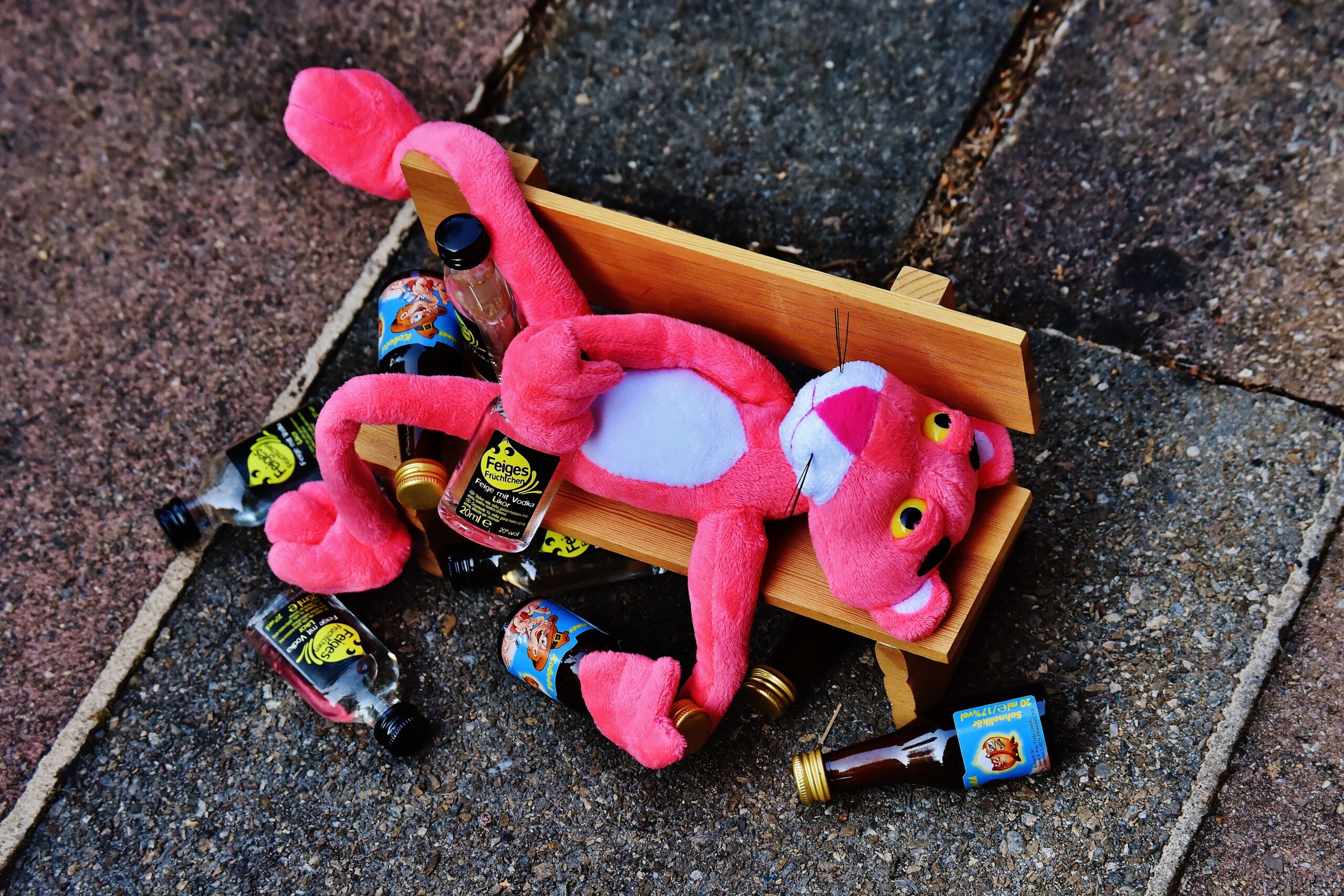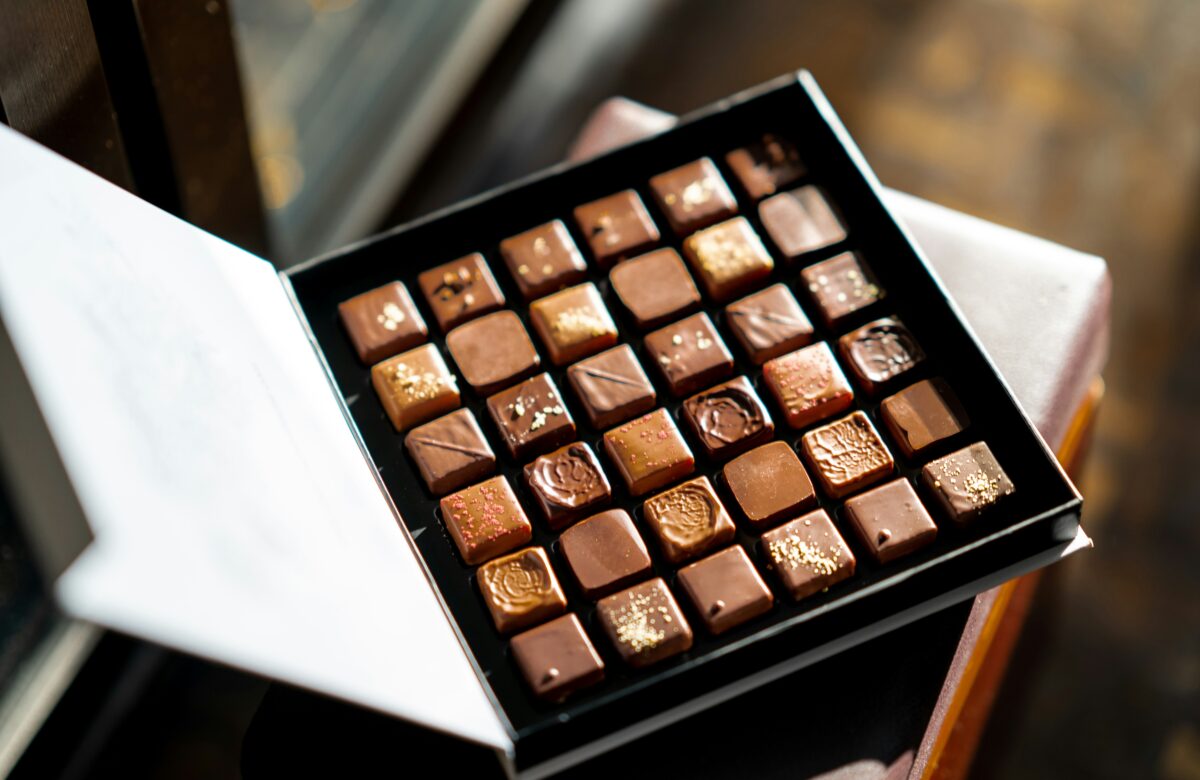
Should We Eat Before Or After Drinking Alcohol?
- TravelTrendsWellness
- July 4, 2023
- No Comment
Alcohol consumption is a common social activity that has been around for centuries. While it can be an enjoyable experience, it’s important to understand how different factors can affect the impact of alcohol on our bodies. One such factor is the presence or absence of food in our stomachs. In this blog post, we’ll explore how drinking alcohol on an empty stomach versus a fuller stomach can impact our experience and offer tips on finding the right balance.

Drinking on an Empty Stomach
Drinking on an empty stomach can heighten the impact of alcohol. This is because the absence of food in the stomach results in a faster absorption rate, leading to more pronounced and faster alcoholic effects. When we consume alcohol without eating beforehand, we often experience the effects more intensely and get drunk faster. This can be dangerous as it increases the risk of alcohol poisoning and other adverse health effects.
Drinking on a Fuller Stomach
Eating before consuming alcohol can significantly alter the experience. Food acts as a protective barrier, slowing down the absorption of alcohol in the small intestine. By delaying the absorption process, food consumption effectively mitigates the rapid rise of alcohol in the bloodstream. This means that if you have a meal before drinking, you can enjoy the moderate effects of your alcoholic beverages for a longer time.
Finding the Balance
While it’s essential to consider the impact of food on alcohol absorption, it’s equally important to strike a balance. Drinking on an empty stomach may lead to intensified and faster intoxication while consuming food before alcohol can help slow down its effects. Striking a balance between enjoying a meal and savoring alcoholic beverages is key to a responsible and enjoyable drinking experience.
If you decide to pay heed to the suggestions of health experts, a light meal of carbohydrates and proteins before drinking and light snacking during drinking is the ideal situation to get a good buzz without getting drunk and to also avoid the pesky hangover the next day. It’s important to note that drinking in moderation is always recommended, regardless of whether you have eaten or not.
Conclusion
In conclusion, understanding how food affects our experience of drinking alcohol is crucial for responsible consumption. Drinking on an empty stomach can increase the risk of adverse health effects, while drinking on a fuller stomach can mitigate the rapid rise of alcohol in the bloodstream. Finding the right balance between enjoying a meal and savoring alcoholic beverages is key to a responsible and enjoyable drinking experience. Remember to always drink in moderation and never drink and drive.










